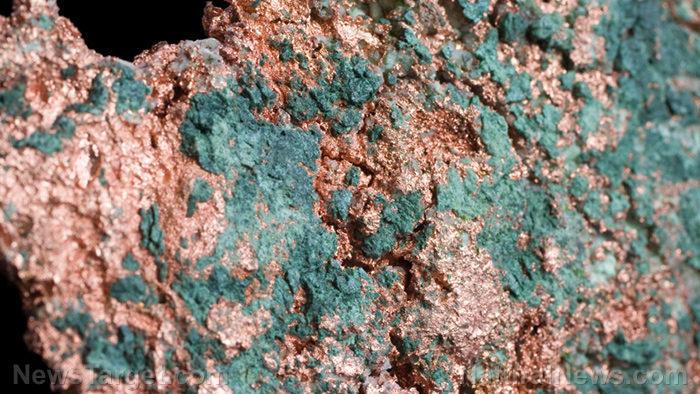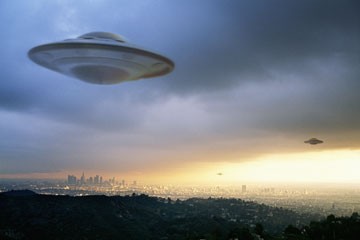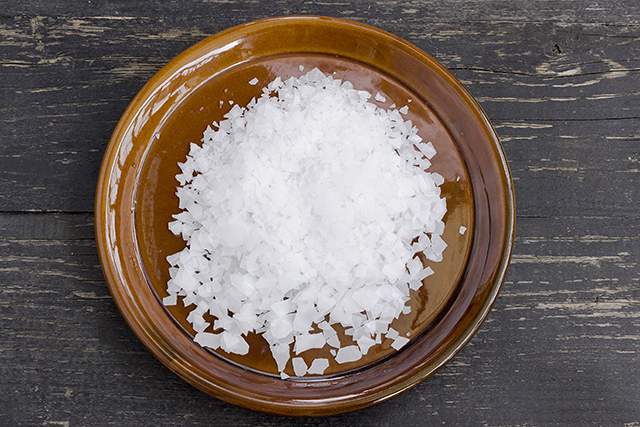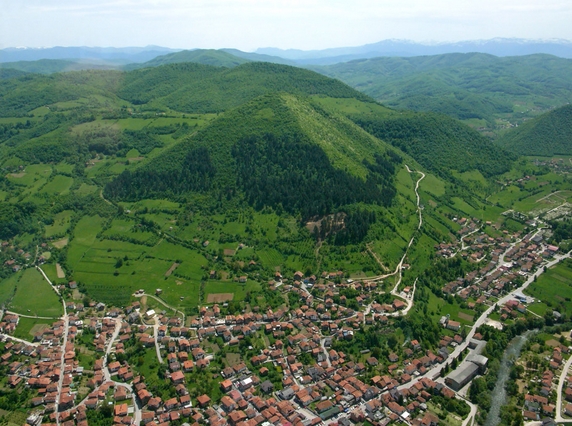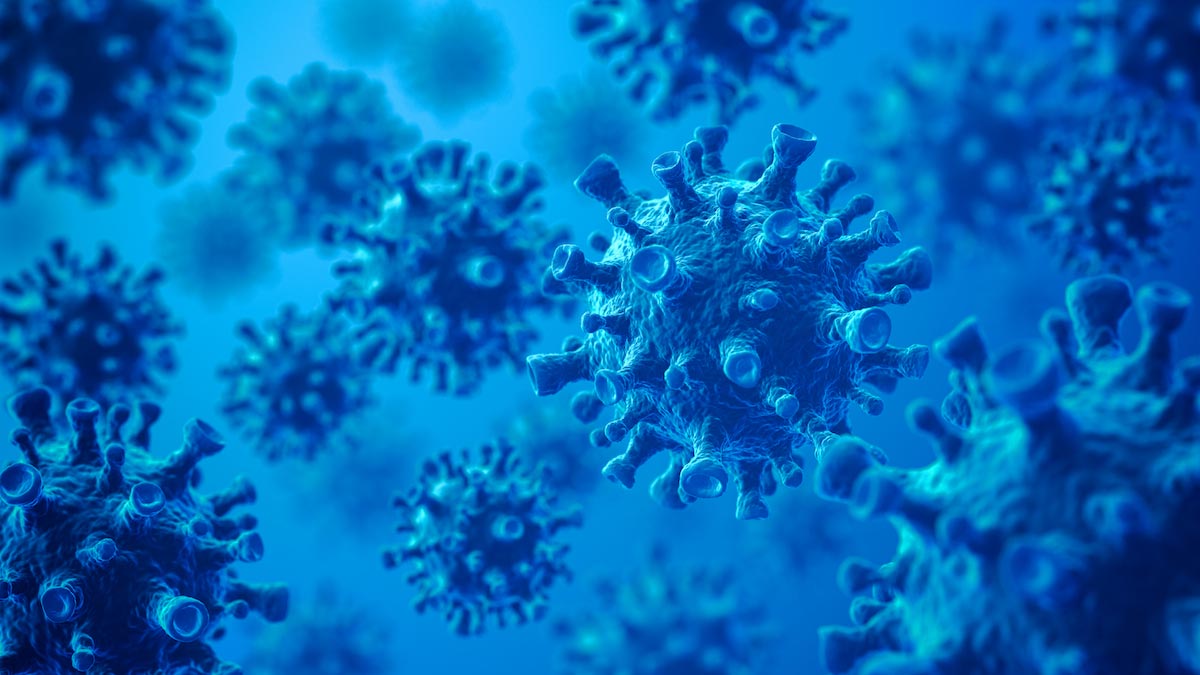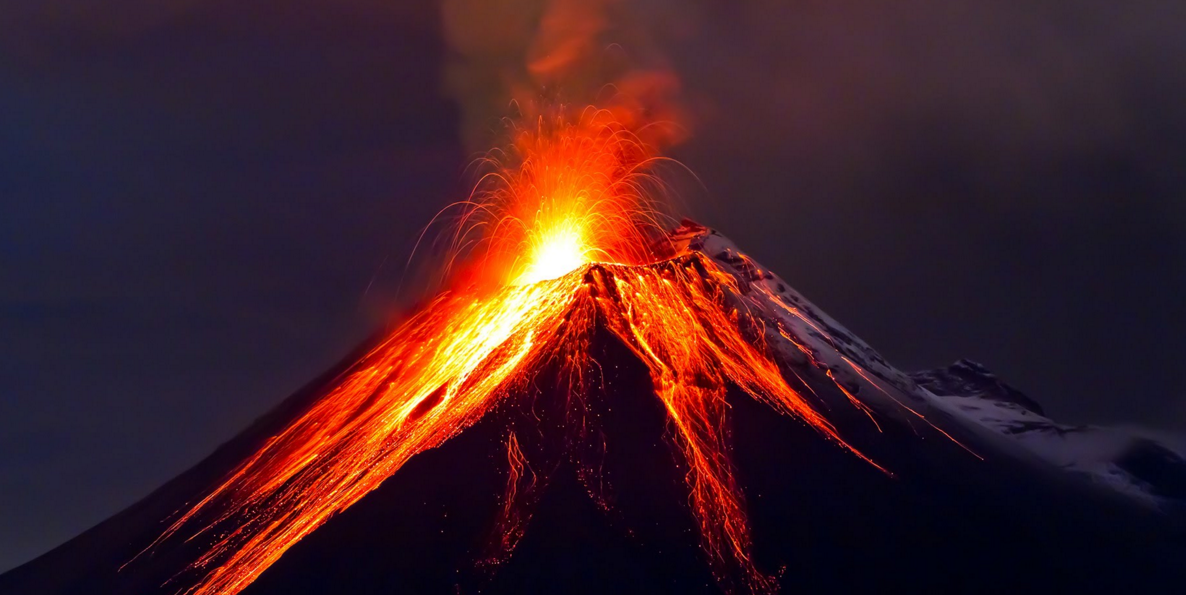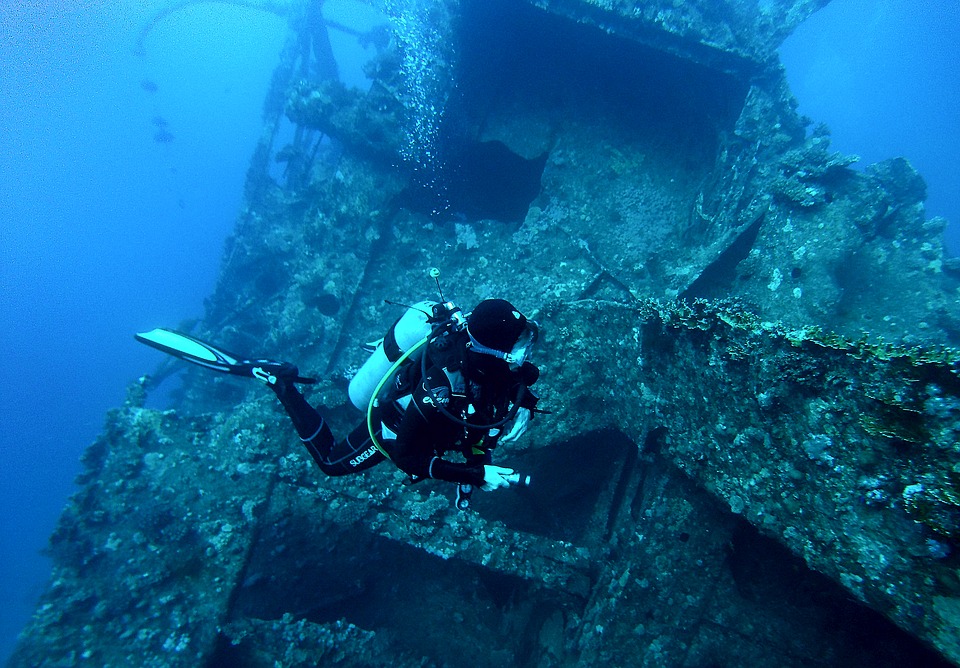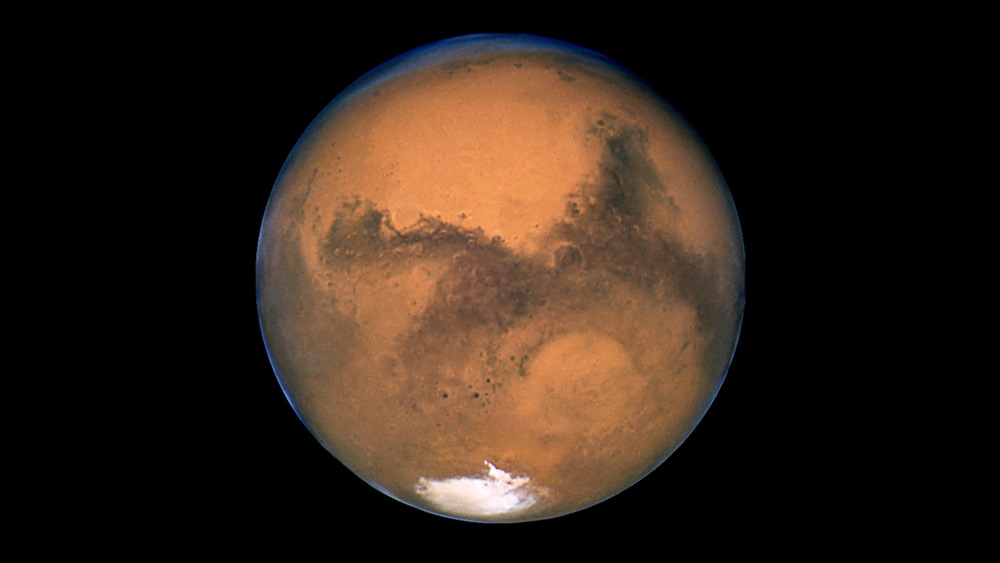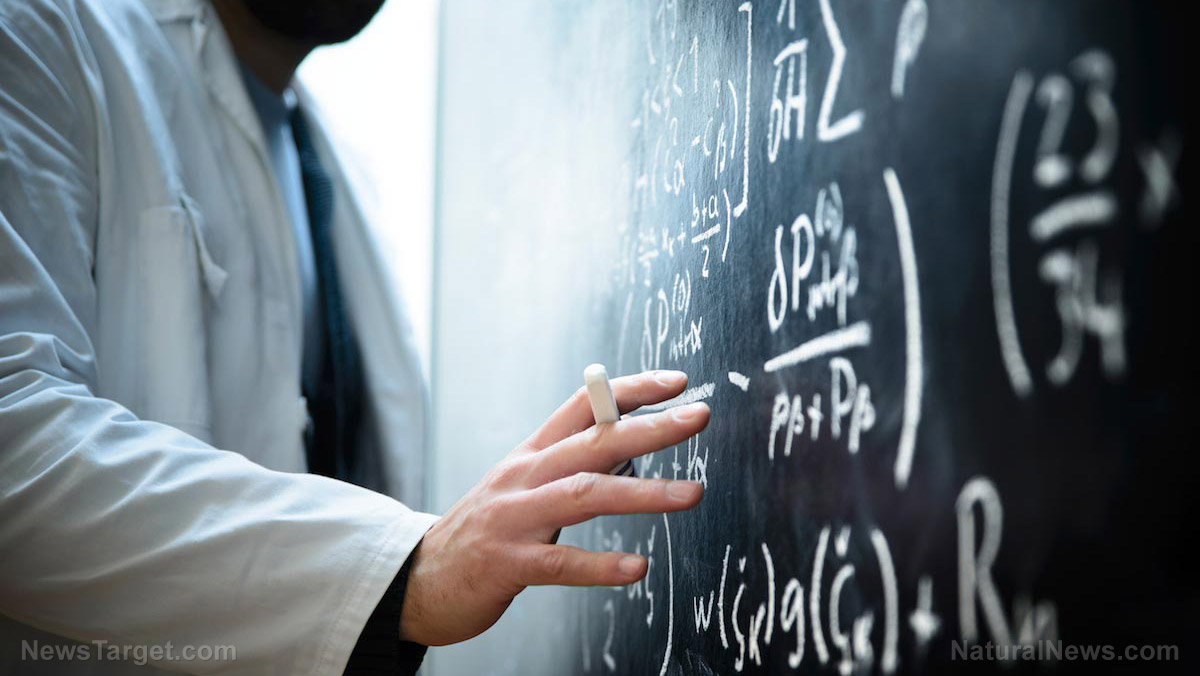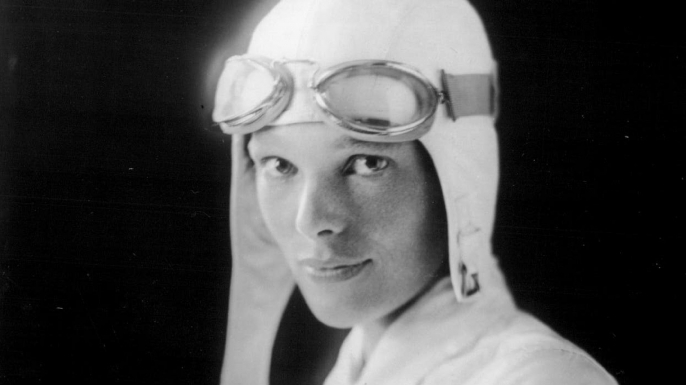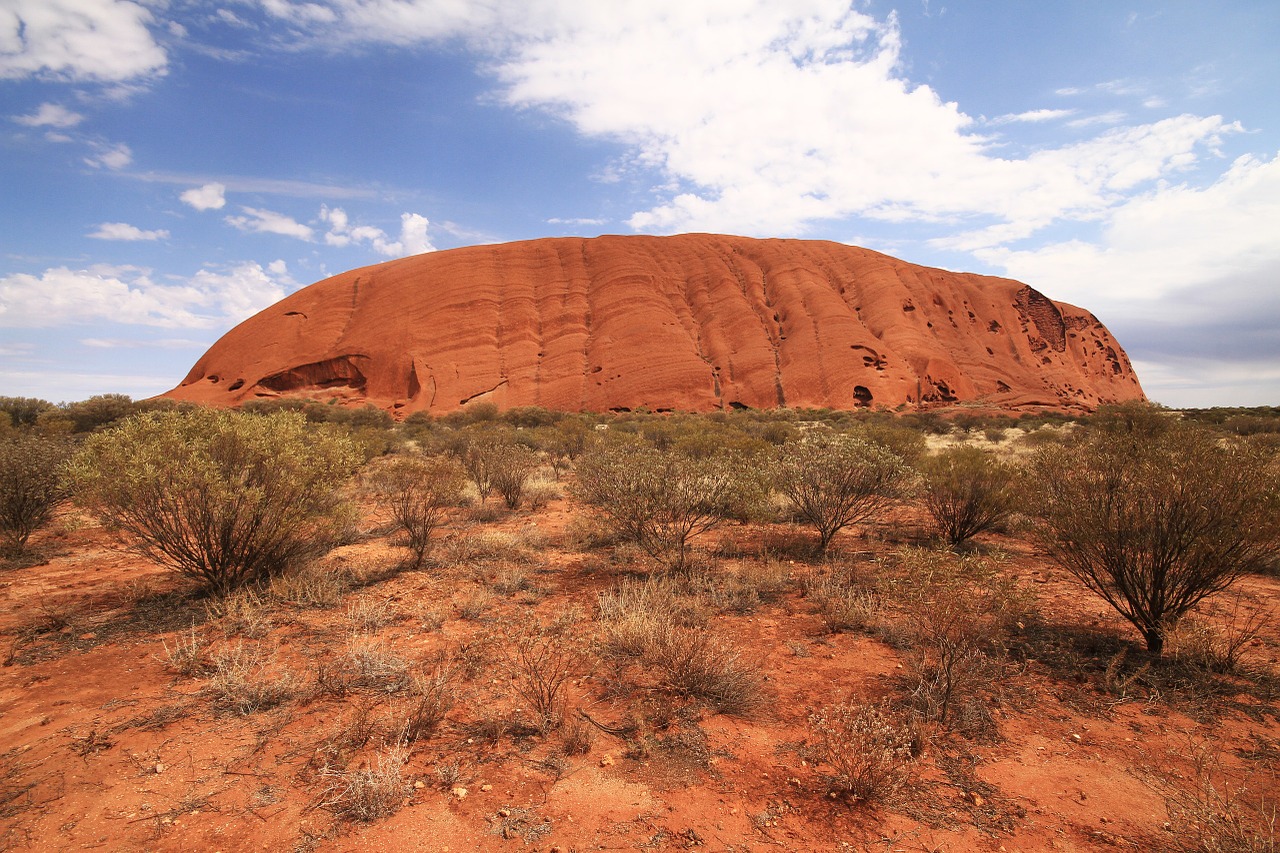NASA claims it owns all space dust… and is willing to go to court over it
06/27/2018 / By Isabelle Z.
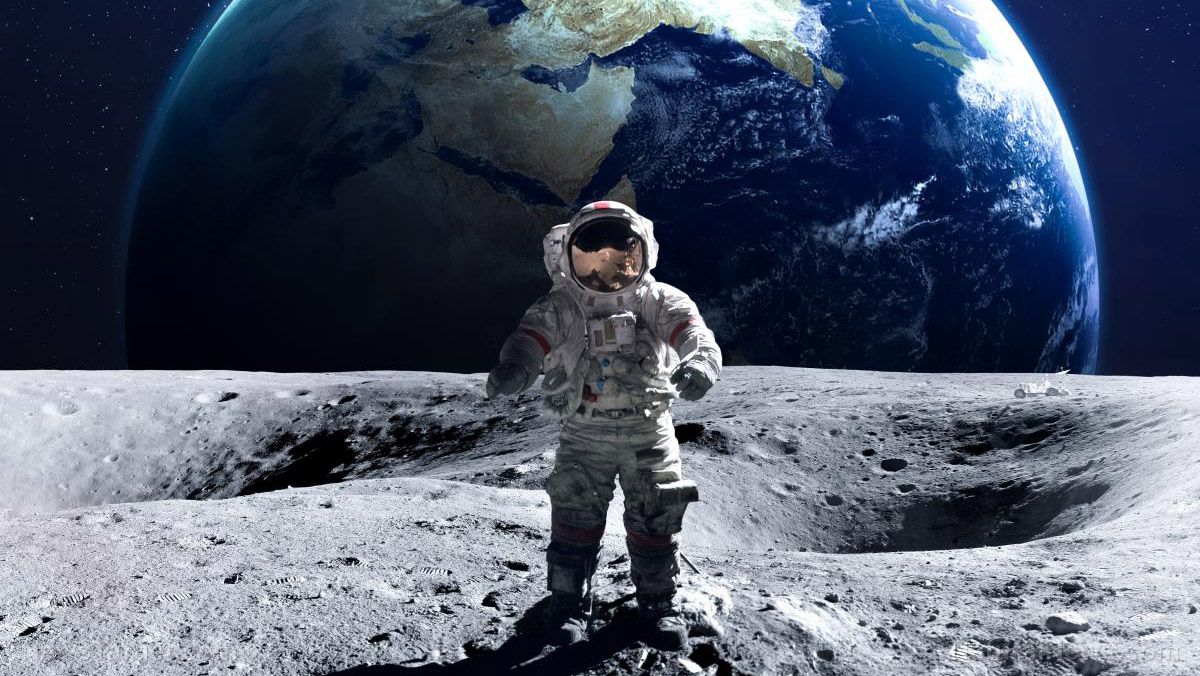
When Laura Cicco discovered a vial of moon dust among her late parents’ possessions that she had been given as a child, she was initially quite excited about the find. She says the vial was given to her by Neil Armstrong, who was a friend of her father, when she was just ten years old. According to her mother, Armstrong, the first person to ever set foot on the moon, took the sample on the 1969 Apollo 11 mission.
However, her excitement turned to concern when she took the vial to a few universities to have it tested. When they found out what she claimed it contained, they wanted nothing to do with it. Their reluctance stems from NASA’s insistence that it owns all space dust; the agency even has a history of bullying people who have such mementos in their possession.
She decided to file a preemptive lawsuit against NASA so she can retain ownership of the dust, and what happened to people in her position in the past likely played a big role in the move. One 74-year-old woman tried to sell two paperweights that her late husband, a former NASA engineer, gave her. One contained a tiny piece of lunar rock, while other had a piece of the heat shield from the Apollo 11.
When she met a potential buyer in a Denny’s parking lot, she quickly learned it was a NASA sting operation, and the federal agents accused the elderly woman of stealing the items. She was grilled for two hours and was forced to wet herself when agents wouldn’t let her use the bathroom. She later sued the government for wrongful search and seizure as well as false imprisonment and other allegations, winning a $100,000 settlement.
Dust and note from Armstrong appear to be legitimate
Cicco has a handwritten note from Armstrong himself addressed to her that accompanied the gift. Armstrong knew her father from his U.S. Army Air Corps service and Federal Aviation Administration work. The letter has been authenticated by a handwriting expert. An expert who analyzed the dust sample said it “may have originated” from the surface of the moon, while another test found its mineralogy matches the composition of lunar soil.
NASA really showed its gall when the agency went after a woman who bought a bag used by Armstrong to collect the first moon rocks in an auction. When the woman sent the bag to the Johnson Space Center for an authenticity check, NASA scientists realized what it was and tried to keep it; the government claimed it accidentally auctioned off the bag. After a long legal battle, a court ruled that the buyer didn’t have to return the bag to NASA. She eventually sold it for $1.8 million.
NASA claims that all lunar material is essentially government property, and they’re not afraid to treat those who own these items as criminals. While astronauts who receive artifacts while participating in the space program have full ownership over them, “lunar rocks and other lunar material” are excluded.
Nevertheless, there isn’t any law that prohibits private citizens from owning moon materials, and Cicc’s dust is not stolen property. However, a former senior special agent working for NASA’s Inspector General, Joseph Gutheinz, said: “Lunar dust and lunar rocks that are brought back by an Apollo mission are the property of the United States government unless they give it to a foreign government.”
In fact, he essentially accused Armstrong of being a thief, saying: “Neil Armstrong wouldn’t have had authority to give the moon rock away.”
Cicco hasn’t yet said what she plans to do with her vial if she is permitted to keep it. It’s likely worth millions of dollars, but she says it’s very meaningful as a memory of her father.
Sources include:
Tagged Under: Apollo 11, big government, cosmic news, lawsuit, moon dust, moon rocks, NASA, Neil Armstrong, Space, space dust, space exploration


